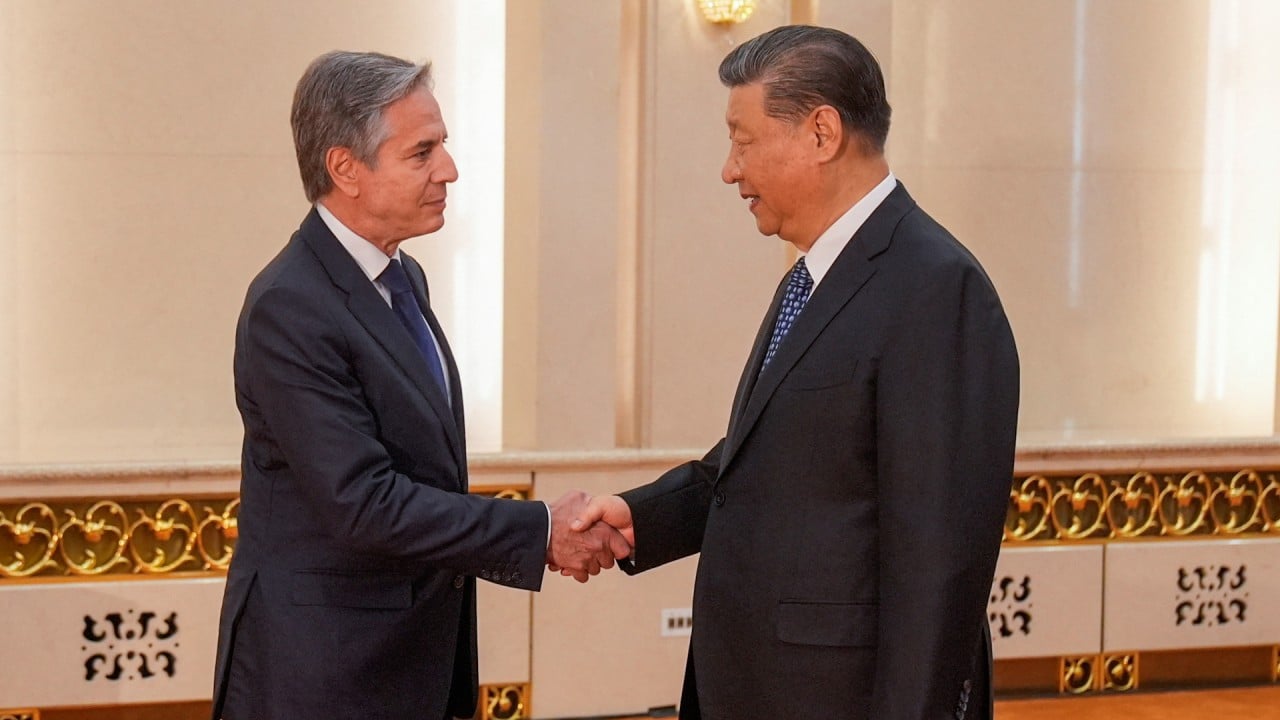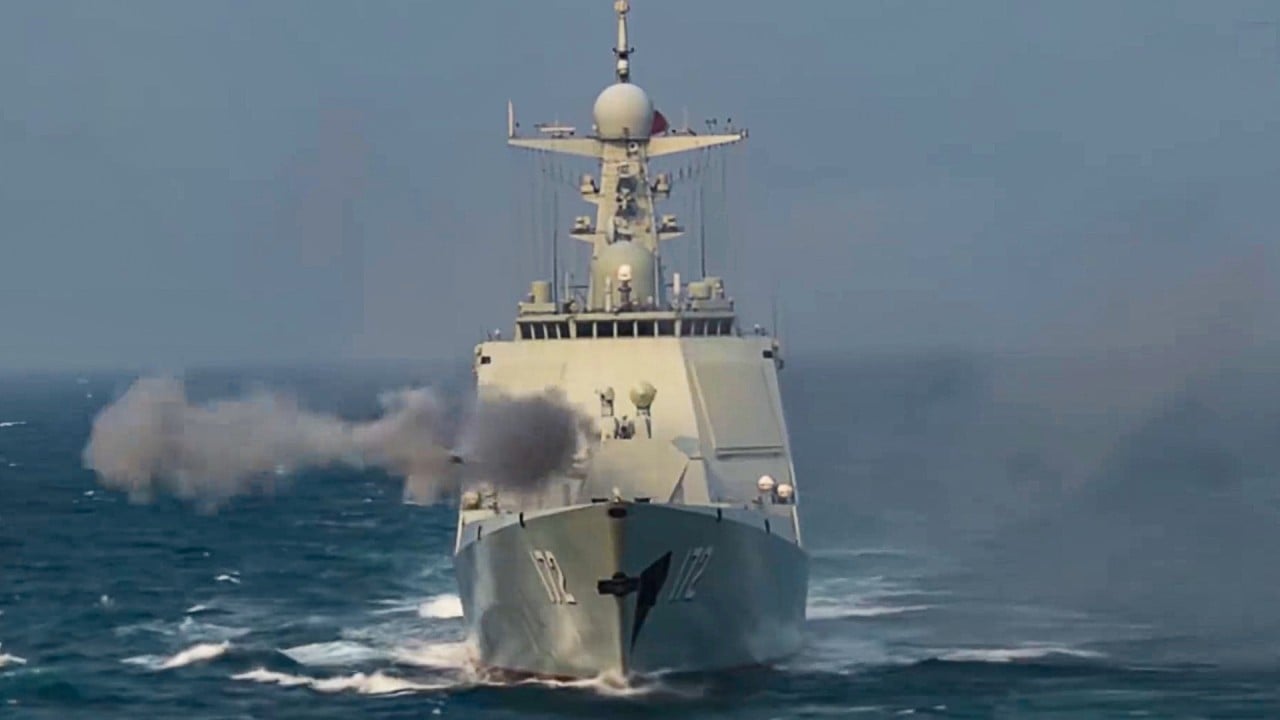Trump himself is very unpredictable, and you never know quite what his policies will be
Nye had said earlier that relations between China and the US should be based on “managed competition”.
“I think having contact at high levels is important, and I think the meeting between presidents Xi and Biden last November was a very useful step. But it would also be useful to find some issues which demonstrate to public opinion that the two countries benefit from cooperating, and probably the best candidate for that is climate change,” he said.
Nye also said the danger of conflict in the South China Sea or Taiwan Strait would be “a little more dangerous” should Trump return to the White House.
It takes two to tango. China started pushing. The US played American football, fighting for every yard and pushing back
“It takes two to tango. China started pushing. The US played American football, fighting for every yard and pushing back,” he said.
“China is overemphasising safety and security, which unleashes forces on the other side doing exactly the same.”
Wuttke said the issue of overcapacity had become a “systemic problem in China” as it produces too much of everything.
“At the core of the overcapacity problem is that nobody leaves the market. Everybody hangs in there, fighting for market share, dropping prices and trying to be more efficient,” he added.
“China has the most demanding and fast-changing customers in the world,” he added.
“If a company wants to be globally competitive, it has to be in what I like to call the ‘fitness centre China’”.
Heimowitz said the key to improving China’s image in the West and other parts of the world was based on improving trust, as shown by the 2008 Olympic Games in Beijing.
“As you build and foster trust, you begin to take more risks. And as you take more risks, hopefully, you get rewarded,” said Heimowitz, who spearheaded international media for the 2008 Beijing Olympics.
Like any relationship, it goes through ups and downs. Since the pandemic it feels something like a bad marriage
“If we look back to the 2008 Olympic Games – which I think about as a ‘golden time’ for China communicating, in a much better way, with the West, my advice was, the more trust you demonstrate, and the more freedom you give to international media, the better the results will be.”
Heimowitz said that China has “truly emerged” over the last 20 years, becoming richer, more modern, more powerful and more influential, which has created structural tension between the world’s two most important powers.
“China is going to be out there looking after its own best interests. That is what a nation-state is supposed to do for its citizens. But I would argue it is in the best interests of China to also maintain a healthier relationship with the other major power on the planet,” he added.
“Like any relationship, it goes through ups and downs. Since the pandemic it feels something like a bad marriage,” he said.
“But I still think both sides are very committed to this relationship. As tough as things have been, I feel a strong desire for both sides to somehow work out a way to figure out a future for this relationship.”
Lampton said that China had grown and that the reform-oriented changes are relatively smaller, while the West is much more impatient because what China does greatly affects the outside world.
“Reform and opening up are not dead, because reform and opening are the nature of this world of security, economic, ecological, and social interconnectivity, and because each generation must find its own way to address the challenges. I think it is appropriate for China to move reforms forward step by step, but my sense is that the current tightness of the political system is likely to continue for the indefinite future,” he said.
Lampton has labelled the current relationship between China and the US as being the era of the “second cold war”.
“I do believe that the US and China, and their allies and partners, have entered a period reasonably characterised as a cold war – that is not to say [I can forecast] how ‘cold’ it becomes, how long it will last, or what its outcomes may be. There is lots of uncertainty,” he added.
We should be very careful not to put that at risk by surprising each other with new behaviours and new statements of our policy that will disrupt that status quo
As for Taiwan, Zhou said mainland China’s approach remains focused on peaceful reunification, despite suggestions from some US officials that the mainland aims to build up its military capacity to be ready to take Taiwan by 2027.
“We mentioned at the Communist Party’s 20th national congress [in 2022] that we would have ultimate patience and make utmost efforts for a peaceful reunification. Right now, I think this very much remains the same,” he said.
He added that the status quo established between the mainland and Taiwan had allowed both to prosper “each in their own way with their own system”.
60-Second Catch-up
Deep dives
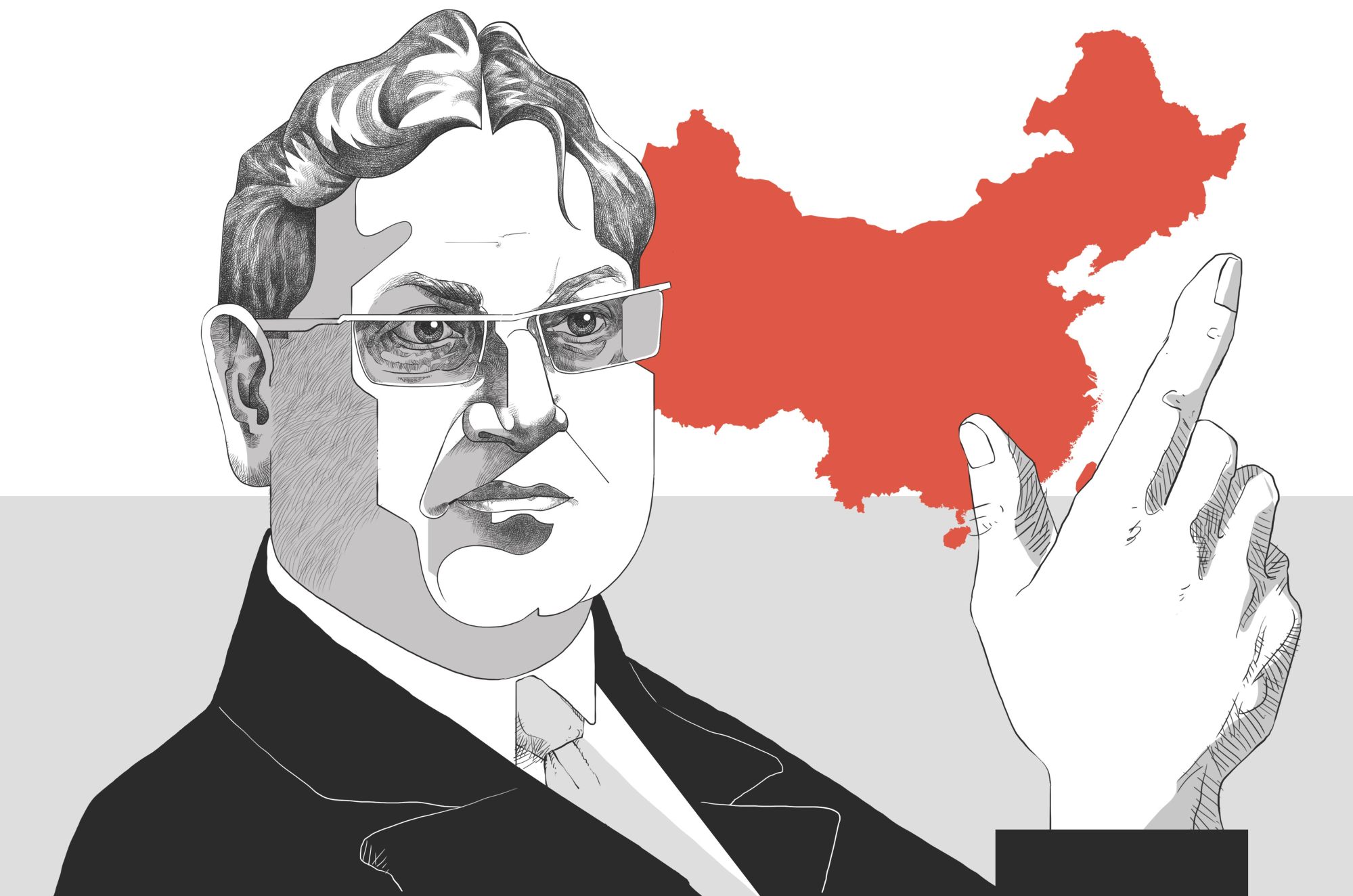
‘Troubled, no matter what’: James Heimowitz on US election’s impact on China
-
Veteran China watcher says revived people-to-people exchanges are key to more stable US-China relationship
-
Heimowitz gauges potential impacts of US presidential election, missed opportunities, the role of ‘truly unique’ Hong Kong, and ‘saddest stories’
You came to China over 40 years ago as one of the earliest American students to the country after its opening up. What do you like the most about China and what frustrates you the most?
When I first went to China, I felt like an astronaut landing from outer space onto a foreign planet.
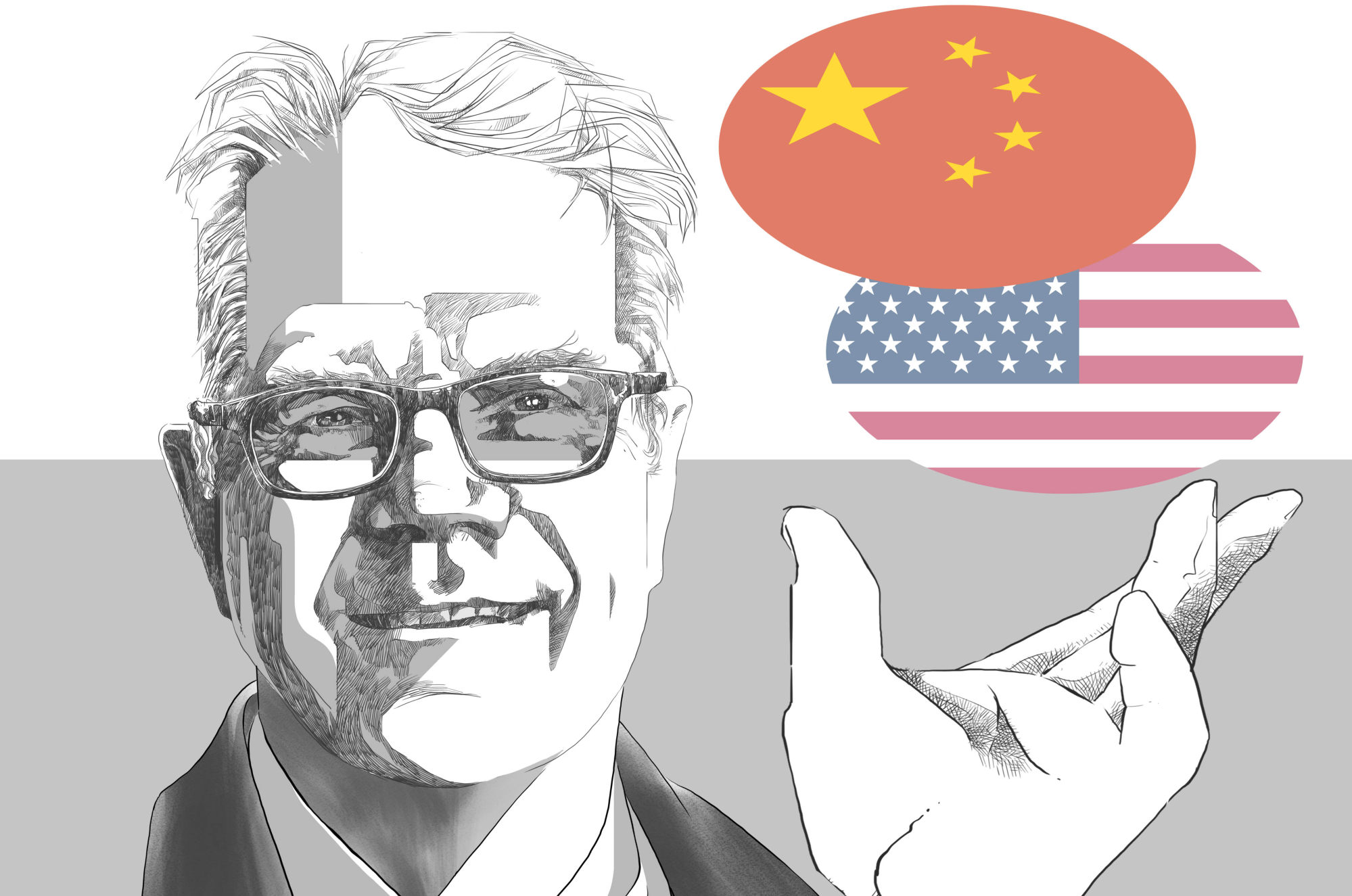
Idea that China is peaking as a power a ‘dangerous assumption’: David Lampton
-
China watcher since the times of Deng Xiaoping says current tightness of political system is likely to continue for the foreseeable future
-
‘No government in its right mind’ would want China’s collapse, but what it and the US want from each other unlikely to happen ‘any time soon’, he warns
Professor, you have been watching China since it entered the Deng Xiaoping era of “reform and opening up”, which remains a core and relevant slogan for the Communist Party today. So is the reform drive today different from the one we knew in the Deng era?
It strikes me that while the name “reform and opening up” has continued, the actual content of reform and opening up is 1715677749 rather different. The scope of the reforms themselves is much narrower and the internal decision-making system more tightly controlled, less collective, and more top down.
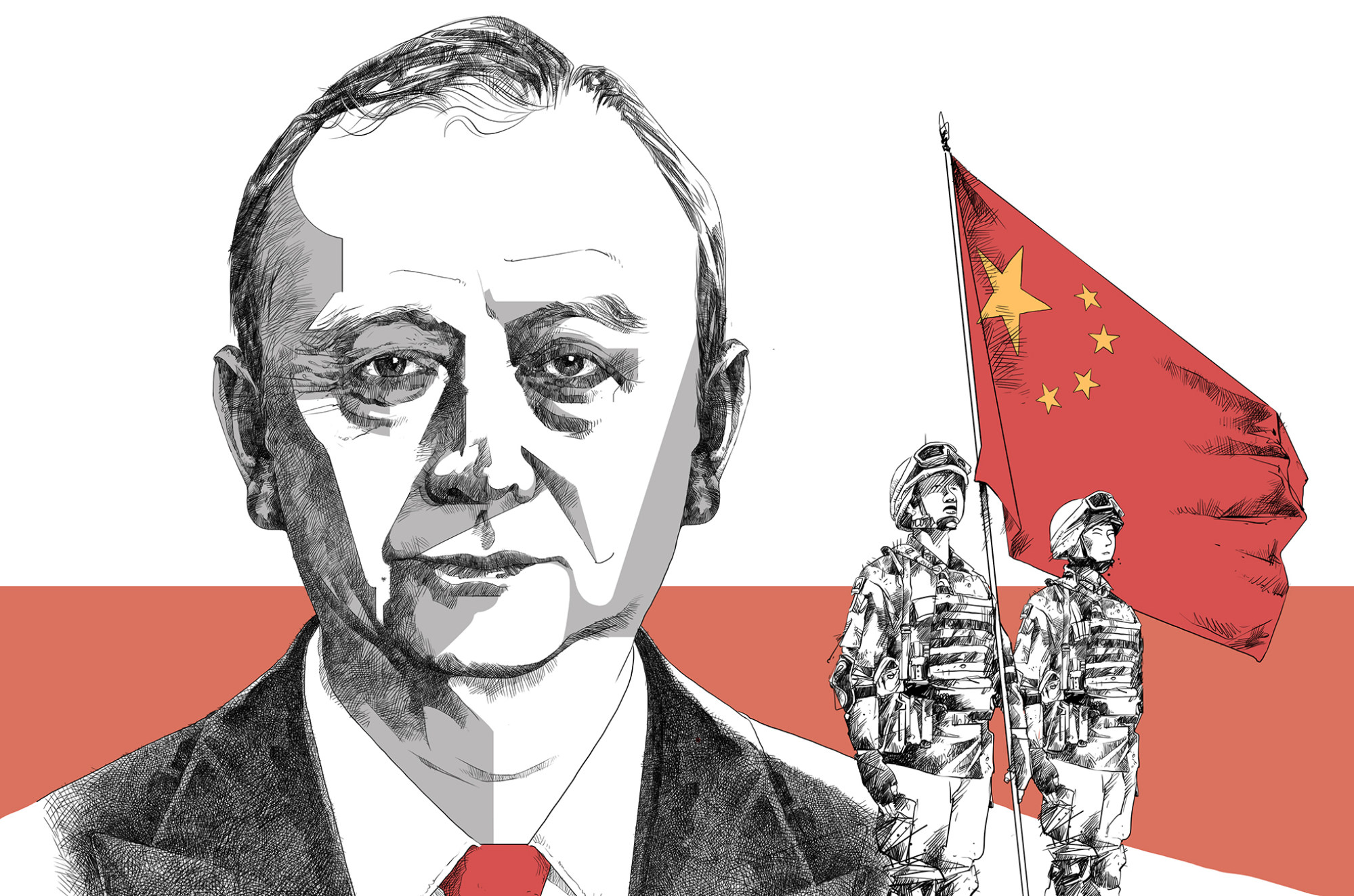
China used water cannons as ‘deterrence’ against Philippines, PLA’s Zhou Bo says
-
Zhou Bo shares his insights on global and regional challenges, based on long experience in military diplomacy
-
Wide-ranging interview covers tensions in the Taiwan Strait and South China Sea, conflicts in Ukraine and Gaza, and the PLA’s modernisation
China and the Philippines have been in a row for some time over disputed islands in the South China Sea. Do you see thesituation continuing and what is China’s strategy?
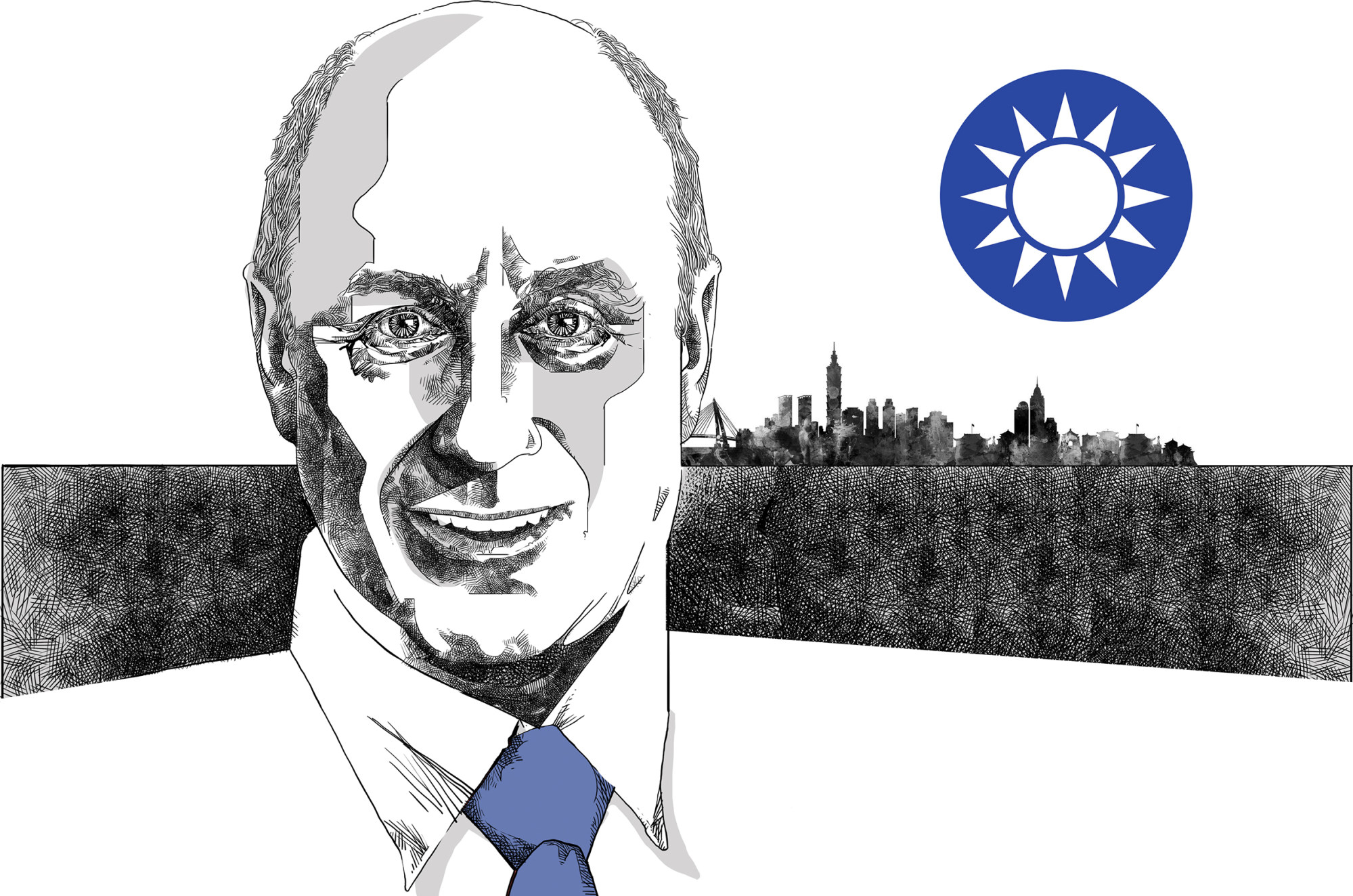
South China Sea flare-up risk ‘much higher’: Taiwan’s former unofficial US envoy
-
No easily identifiable off-ramp for Beijing and Manila on Second Thomas Shoal, 2002-2006 unofficial US representative to Taipei tells the Post
-
‘Holy grail’ of common language on US-China military-level nuclear talks yet to be found, Paal says, cites lack of ‘common adversary’ for cooperation
In the years when you were in the White House, and during your time at the American Institute in Taiwan, what was the US-China interaction like and how would you compare it to the present times?
Well, before 1989, we had a common anti-Soviet focus, and that allowed a lot of cooperation to take place in areas that today would be impossible. We had military-to-military cooperation, and the [Jimmy] Carter administration had set out to create relationships among every major agency of the US government’s counterparts in China.
Global Impact is a weekly curated newsletter featuring a news topic originating in China with a significant macro impact for our newsreaders around the world.


